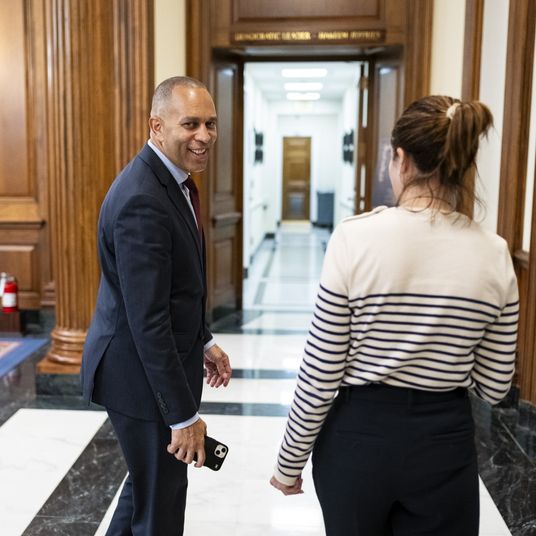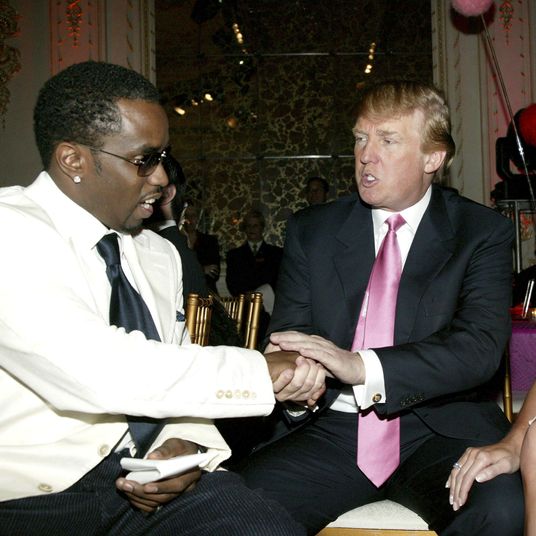
Over the past few months, big AI firms have all made subtle pivots in the same direction. ChatGPT, OpenAI says, “can now reference all your past conversations” with an improved “memory.” Google announced Gemini with Personalization, which can “connect with your Google apps and services, starting with Search, to provide responses that are uniquely insightful and directly address your needs”; anthropic added features that connect “your email, calendar, and documents to Claude” and “access your internal work context” to provide better responses. After backlash last year, Microsoft is once again moving forward with Recall, a Windows feature that takes continuous screenshots, scans them with AI, and makes them searchable. Finally, a week ago, Meta launched the first version of its stand-alone AI app, which it says “gets to know your preferences, remembers context, and is personalized to you.”
None of these were huge releases, and they didn’t get the fanfare of a major new model — as features, they’re still mostly experimental. Together, though, they mark an attempt to realize a goal these companies have been talking about since the early days of ChatGPT: not just to get people to use their chatbots but to get them well and truly locked in.
In 2023, the personalized AI pitch tended to focus on utility. Google, for example, suggested that you would be able to use AI plug-ins to interact with documents, but maybe also book some flights, using your Google account for context. Now, the pitch for chatbot personalization — for giving chatbots memory, but also for giving them access to your documents and data, devices, and even real-world conversations — is broader and also a bit weirder. ChatGPT’s memory feature is intended to make the tool more useful, sure, but also more convincing in its performance as an assistant, a source of entertainment, a companion, or a therapist — AI use cases that even the largest and most conservative firms are starting to talk about more openly. A chatbot that has access to your shopping and search history might make some better product recommendations; a chatbot with access to your chat history and social habits, and with which you have a long recorded-conversational history, might be better able to flatter, placate, or console you and to keep you coming back again, and again, and again.
For all the talk about what access to personal data will allow AI tools to do in the future, for tech companies the appeal of personalized AI is also about the past. Google didn’t become Google just by maximizing the utility of its search engine but by keeping users around with Gmail accounts, mapping, documents, operating systems, and search default deals; likewise, Meta’s success depended on network effects to grow but also to keep people around after growth slowed down. Meta, Google, Microsoft, Apple, and Amazon are all in the lock-in business. Now, they’re also in the AI business, promoting a familiar deal: your privacy in exchange for cheap services and entertainment.
AI firms know that many of their early power users, who use LLMs for help with programming, are quick to switch when companies release better tools, and that more casual users are accustomed to occasionally interacting with largely interchangeable chatbots for free. Switching is still easy, in other words. What tech firms want — or, at least, what’s worked for them in the past — is to make it harder. First, they’ll just need to know a little bit more about you.

























